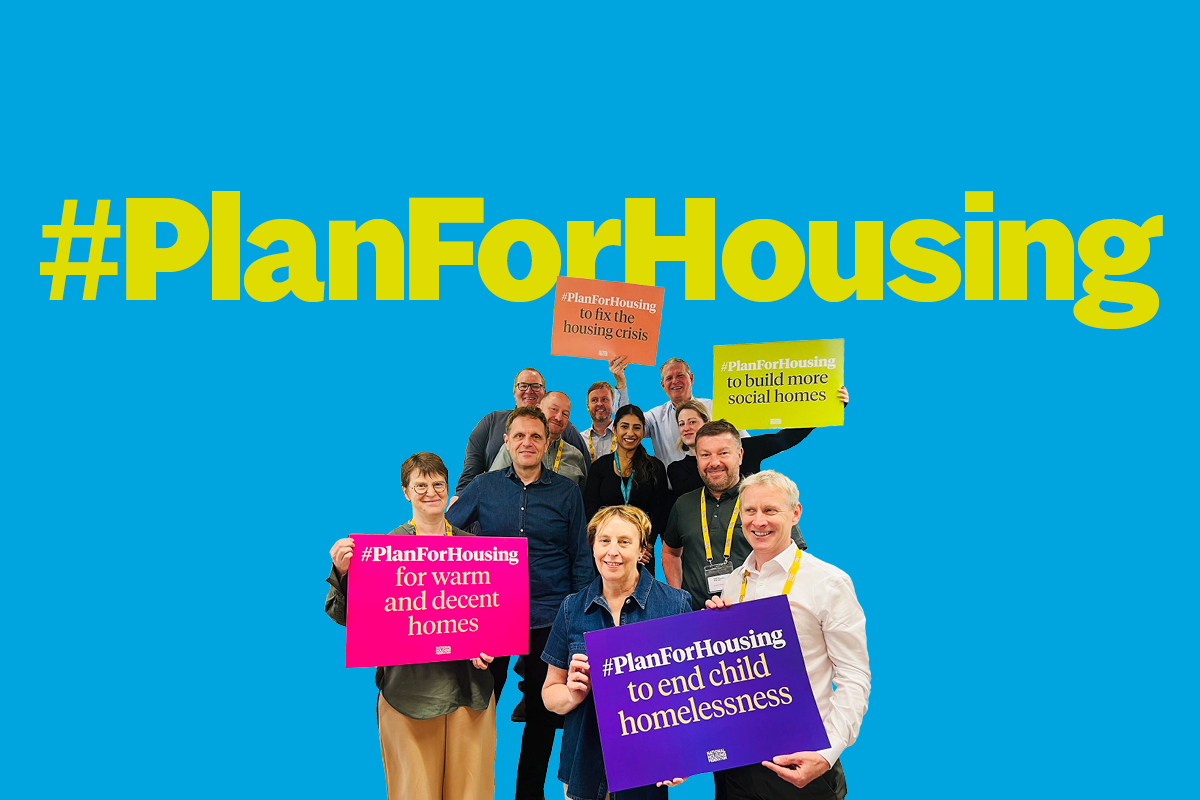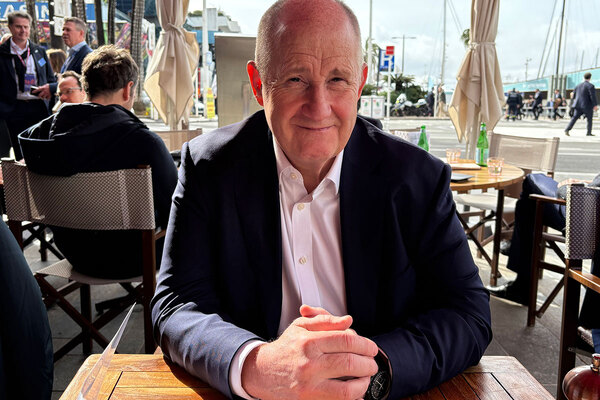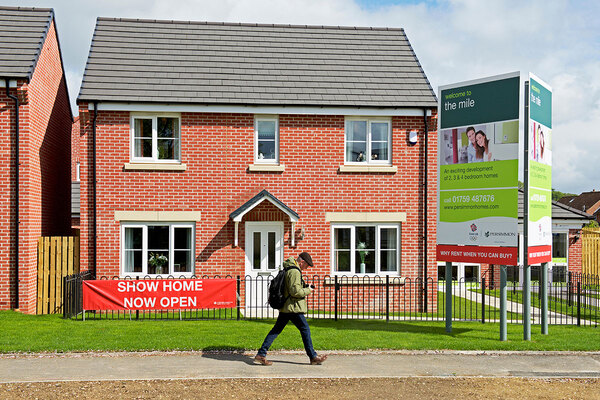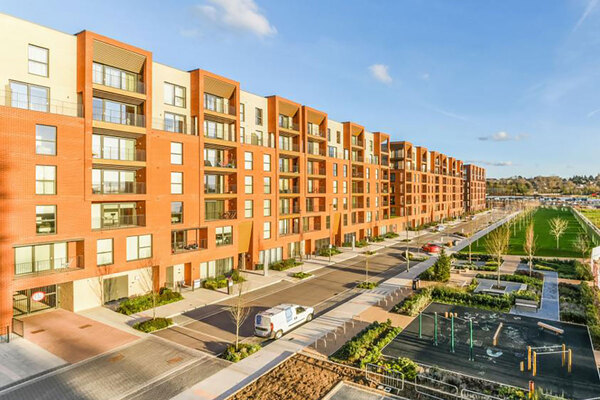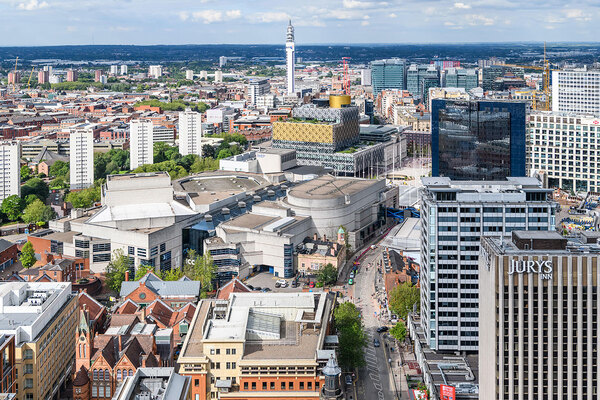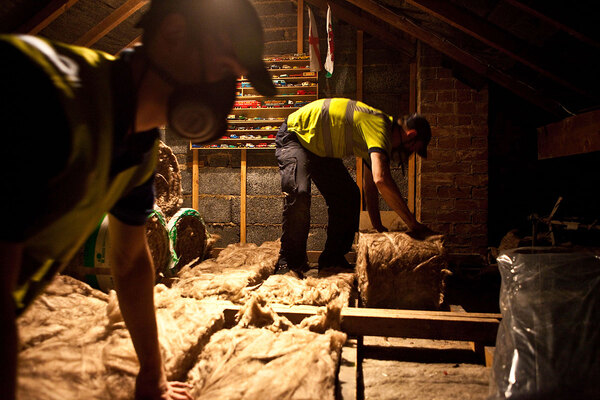How to stop Labour’s housebuilding plans from crumbling under opposition from the public
The government needs to properly understand the public’s opinions and concerns around housebuilding, writes Jim Blagden, associate director – research and insights at More in Common
Housing is more than just bricks and mortar. It is where we unwind, where we raise families and make memories. However, for many in Britain today, secure and affordable housing is becoming a pipe dream.
The government has clear ambition to address this, but public confidence is low and local opposition to housebuilding could stymie much-needed reform. To navigate this challenge, policy will need to go with the grain of public opinion, rather than against it.
Housing affordability is an issue that affects the vast majority of people in Britain, either directly or indirectly through the experiences of friends and family. Everyone has their own story to share about Britain’s broken housing market.
Their own experiences of rapidly rising rents, to seeing their kids unable to get on the housing ladder, two-thirds of people report that they are either struggling themselves, or know someone who is struggling with their housing situation.
It is no surprise, then, that over 70% of the public believe Britain is experiencing a housing crisis.
Despite widespread concern about housing affordability, public attitudes toward housebuilding are mixed – and it is the debate around solutions where consensus starts to break down.
In the focus groups that More in Common conducts across the country, many people simultaneously express anxiety at the state of housing affordability as well as their opposition to new development. Their concerns range from the consequences of overdevelopment, to pressure on public services and a lack of input from local communities.
“Many people simultaneously express anxiety at the state of housing affordability as well as their opposition to new development”
“If you look at all the new builds they’ve put up, you’ve not got any new roads, you’ve got no new transport. So it just means longer stuck in traffic jams,” Mark from South Cambridgeshire told us.
“Houses are being built, but they’re not providing more GPs, they’re not providing more schools.” Serena from Milton Keynes said.
Britons share their frustrations about how new homes and developments would pop up in their area, without infrastructure upgrades or improvements to public services to support a growing population. While many are sympathetic in principle to the need for more housebuilding – including in their local area – they are put off by the lack of answers to practical questions about how local schools or GPs will cope with increased demand.
On a deeper level, Britons are sceptical about whether increasing housing supply will actually address affordability. In focus groups, people often question the link between housebuilding and lower house prices. Participants point to large new developments in their local areas, with homes priced at levels they could never afford. For many, the idea that increasing overall supply will reduce prices simply doesn’t make sense.
“I think there’s plenty of housing out there; I just think it’s not affordable.” Becky from Darlington said.
“I feel like there are a lot of houses being built, but I don’t think that’s the issue. I think it’s people being able to afford what’s being built. I think all developers are trying to obviously make that bang for their buck,” Jacob from Milton Keynes told us.
Asked about this directly, only a quarter of the public think that building many more homes would help lower prices. And a further quarter of people think that more building would make homes more expensive.
While the public has become jaded about the broader impact of housebuilding on affordability, there is widespread faith in the value of social housing. When asked which factors have contributed most to the housing crisis, the most common response – selected by seven in 10 Britons – is that local councils don’t have enough funding to build new homes.
"Allaying local concerns about pressure on local infrastructure and public services is key to unlocking the community mandate for housebuilding"
This issue does not seem to be as politicised among the public as it often appears. In fact, a majority of voters across all political parties believe that insufficient council funding is a key contributor to the housing crisis, including 68% of Conservative voters. Our research indicates that social housebuilding, along with increased subsidies for housing associations, could garner widespread support across the electorate.
For the public, the value of social housing goes beyond affordability and extends to a variety of issues that are at the heart of the public’s priorities. For example, 30% believe that a lack of affordable housing exacerbates the nation’s mental health challenges, while one in five say building more social housing is among the top three ways to reduce child poverty.
The most popular developments are those that visibly benefit the community. People want to see their neighbourhood improving, whether that be high-quality jobs, new amenities, or greater social connection. The most popular argument in favour of building new homes is that they regenerate run-down areas and make them nicer places to live, with two-thirds of Britons citing this as a convincing reason to develop.
Although the vast majority of the public sympathise with renters and those struggling to get onto the housing ladder, most people still want to personally benefit from development. Policymakers would do well to look for creative ways to turn existing residents into winners. If development can put money in people’s pockets, much of the scepticism would melt away.
Alongside this, allaying local concerns about pressure on local infrastructure and public services is key to unlocking the community mandate for housebuilding. Aside from affordability, the second most important priority for the public is that new developments do not put extra pressure on local public services.
To achieve its mission, the government will need to rebuild trust in the idea that housebuilding can genuinely improve people’s lives. In doing so, it would not only fulfil its housing targets but also demonstrate that it is listening to - and acting on - the priorities of the British public.
Jim Blagden, associate director – research and insights, More in Common
Sign up for our development and finance newsletter
Already have an account? Click here to manage your newsletters




